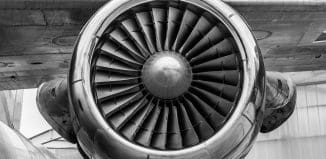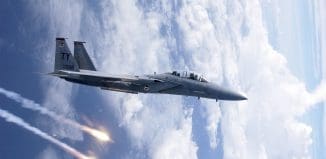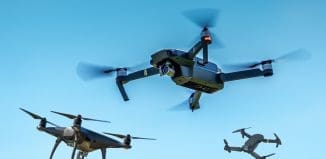Drones vs safety and privacy
This post is also available in:  עברית (Hebrew)
עברית (Hebrew)

President Barack Obama issued a memorandum to federal agencies to guard against abuse of data collected by drones. This ruling also stipulates a 180-day limit on keeping personally identifiable information with some exceptions, the Associated Press reported recently.
“The unfolding regulations are a good first step ahead of realizing the benefits of drone technology,” says Brian Wynne, president and CEO of the Association of Unmanned Vehicle Systems International, in a statement. “This proposed rule is a critical milestone in the UAS (unmanned aerial systems) integration process, and one that is long overdue,” he said. “UAS technology has largely remained grounded while many prospective users wait for the regulatory framework to catch up.”
‘Going to be big’
Frank Beafore, executive director of unmanned aircraft-maker SelectTech Geospatial in Springfield told The Dayton Daily News “the region is in a good position to attract investment and develop new companies because of the area’s background in aviation and manufacturing.” Although the public has a say in the rule-making, Beafore said they make sense for likely uses locally, including precision agriculture.
Register to iHLS Israel Homeland Security

For example, the rules set a maximum flying altitude of 500 feet for UAVs (unmanned aerial vehicles), and require an observer to keep the aircraft in sight at all times. “When you’re up at a higher altitude, you need a more powerful camera,” he said. “If you can skim the top of corn at say, 15 feet, I’m getting a much better sensor image.”
Deborah Norris, Sinclair vice president of workforce development and corporate services, said while the FAA move was important to integrate drones into the national airspace, the college will continue to seek approval to fly more drones to train students and partner in research with corporate clients. A less stringent certification process — rather than a pilot’s license — will open the field to more people to fly drones commercially, Norris said.
“Drone advocates and users must build confidence with the public that these ’machines’ can be flown safely.” So says Maurice McDonald, coalition executive vice president of aerospace and defense, in an interview to The Dayton Daily News.





























